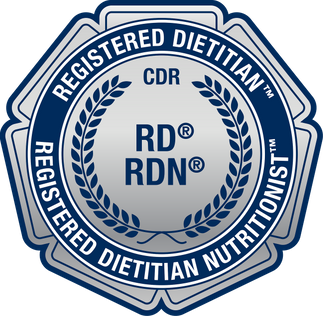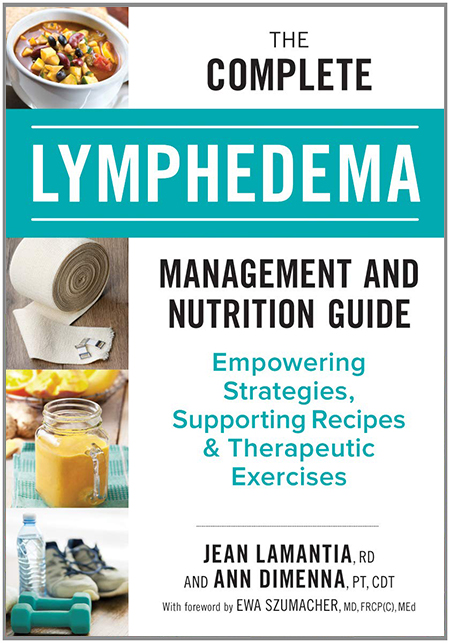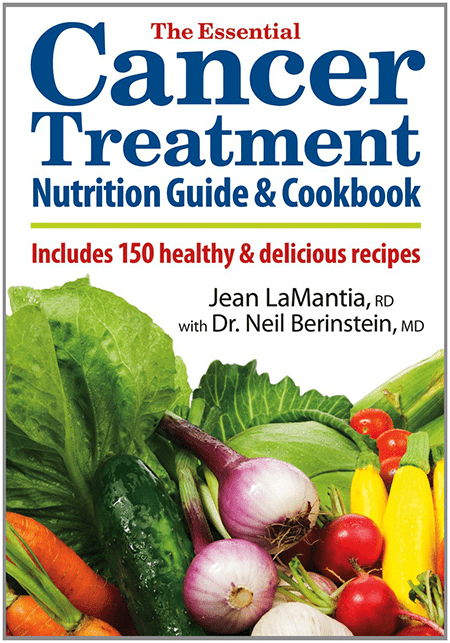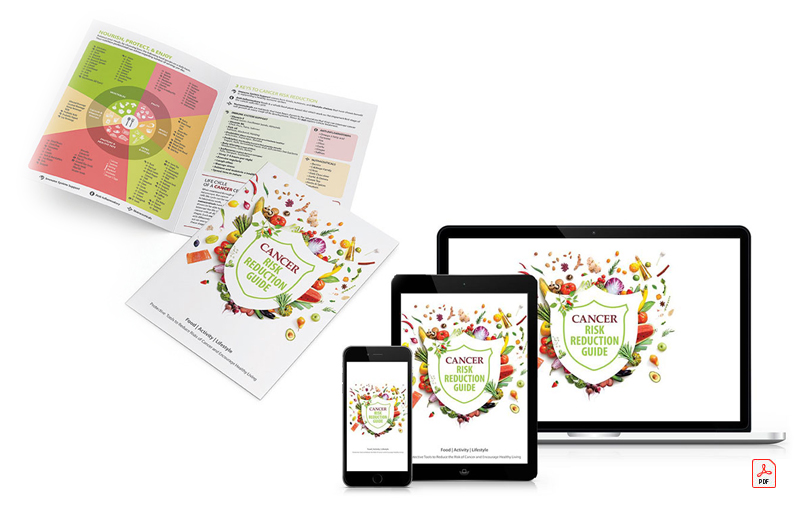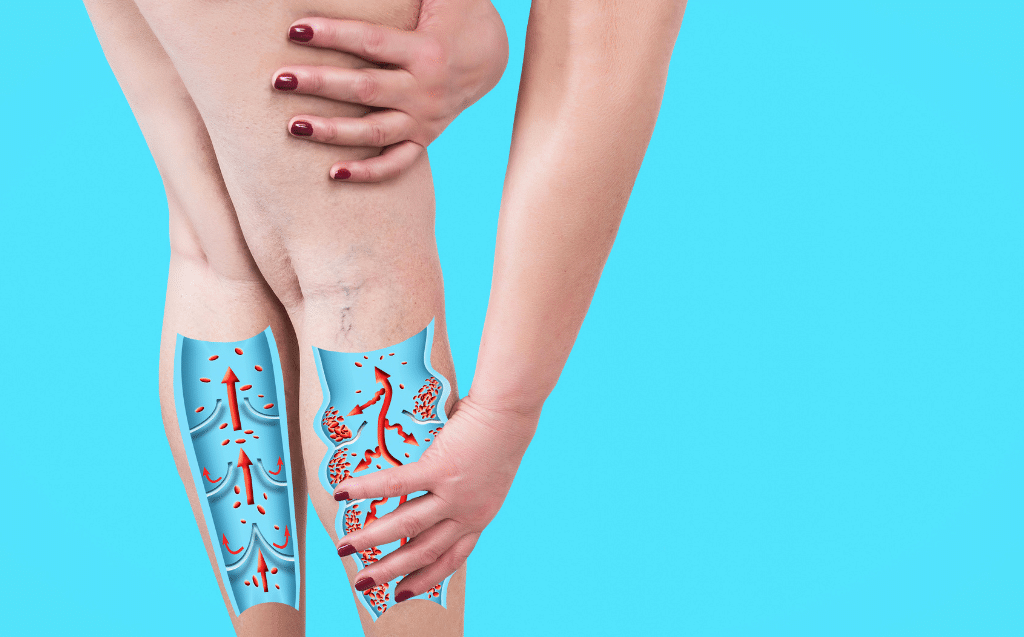
The study combined the data of two prospective studies. Prospective means “looking forward” so in this type of observational study, subjects without cancer are enrolled and asked to complete dietary and lifestyle questionnaires. Then, researchers track who gets cancer and what type.
The information on cancer incidence and type is then compared to the subject’s dietary pattern; vegetarian, fish or meat eater to see if there are associations. While this type of study does not prove a cause of cancer, it is still beneficial as it gives us ideas about risk factors.
In this case, the two studies whose data were pooled were the EPIC-Oxford cohort, which recruited subjects between 1993-1999 and the Oxford Vegetarian Study, which first recruited in 1980-1984. The data included in this study was collected until December 31, 2010.
Here are some statements the researchers were able to make about cancer risk and dietary pattern:
Comparing Fish and Meat Eaters
- Fish eaters have a 35% lower risk of colorectal cancer than meat eaters
- Fish eaters have a lower risk of ovarian cancer than meat eaters
- Fish eaters have a lower risk of kidney cancer than meat eaters
Comparing Vegetarians and Meat Eaters
- The risk of cancers of the lymphatic and hematopoietic tissues was 36% lower in vegetarians than meat eaters
- Vegetarians had a 77% lower risk of multiple myeloma than meat eaters
- Stomach cancer risk was 63% lower in vegetarians (but this was based on a small number of cases)
Total Cancer Incidence of these Dietary Patterns Compared to Meat Eaters:
- 12% lower cancer incidence in fish eaters
- 11% lower cancer incidence in vegetarians
- 19% lower cancer incidence in vegans
Some Surprises:
- There was no difference in colorectal cancer risk between meat eaters and vegetarians or vegans
- There was no difference in colorectal cancer risk between high and low intakes of meat
Bottom Line:
While this study is surprising in that it didn’t find a risk for meat eating and colorectal cancer (the American Institute of Cancer Research in their 2007 report stated that the evidence that high intakes of red and processed meat cause colorectal cancer is convincing), there are still benefits in overall cancer risk reduction from fish, vegetarian and vegan diet patterns compared to meat eaters.
Since we don’t know what cancer cells are currently in our bodies, it seems prudent to focus on protein sources from fish and plant based sources. The bottom line for me is that I’m going to continue to eat the way I do and I won’t be adding any steaks to my bbq menu this summer. In fact, I’m going to incorporate more vegan meals into my weekly menu.
Reference:
Cancer in British vegetarians: updated analyses of 4998 incident cancers in a cohort of 32,491 meat eaters, 8612 fish eaters, 18,298 vegetarians, and 2246 vegans. Timothy J Key, Paul N Appleby, Francesca L Crowe, Kathryn E Bradbury, Julie A Schmidt, and Ruth C Travis. Am J Clin Nutr doi: 10.3945/ajcn.113.071266.




